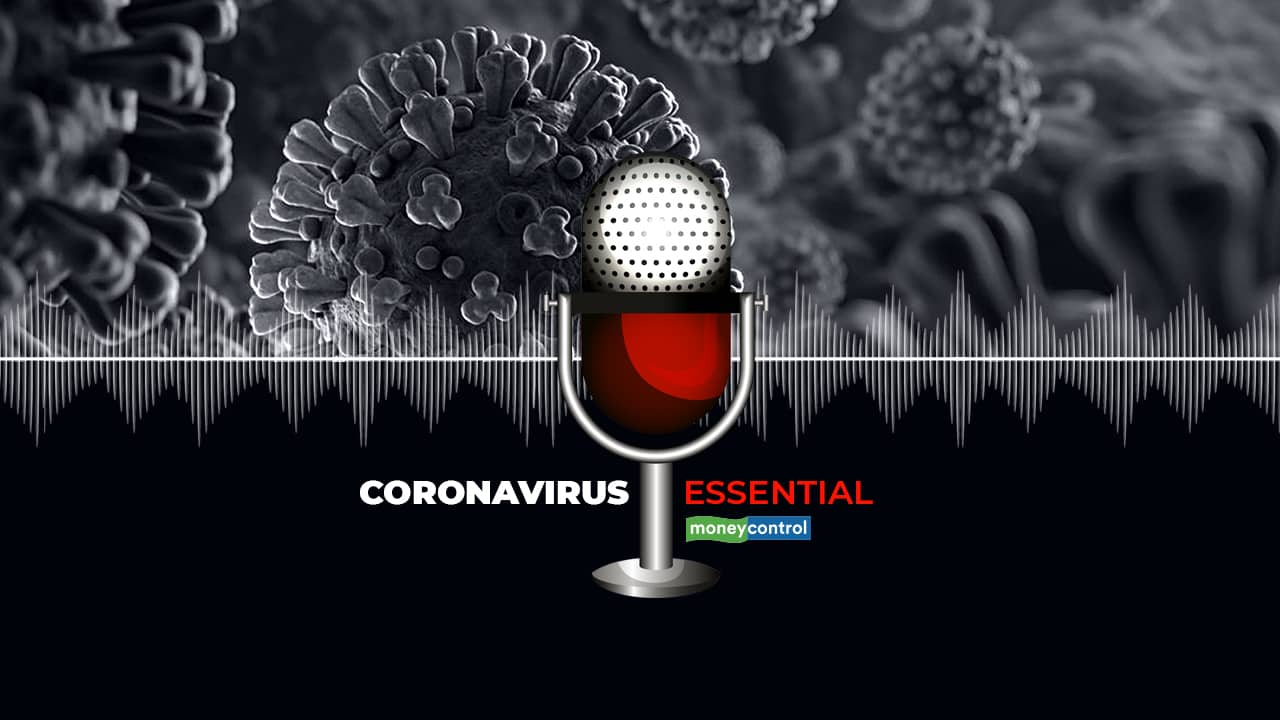Dr Rajiv Garg, the Director-General of Health Services has warned states and union territories that N-95 masks with respiratory valves do not help prevent the spread of coronavirus. In a letter dated July 20, he urged the authorities to revisit the advisory on the use of home-made masks.
Meanwhile, data from Thyrocare's antibody tests show Indians may already have immunity to COVID-19, as many have recovered without showing major symptoms. The data showed that nearly 15 percent of those tested had antibodies against SARS-Cov2, which causes COVID-19.
Tune in to Coronavirus Essential podcast with Sakshi Batra for all the top news on the ongoing pandemic.
Discover the latest Business News, Sensex, and Nifty updates. Obtain Personal Finance insights, tax queries, and expert opinions on Moneycontrol or download the Moneycontrol App to stay updated!










